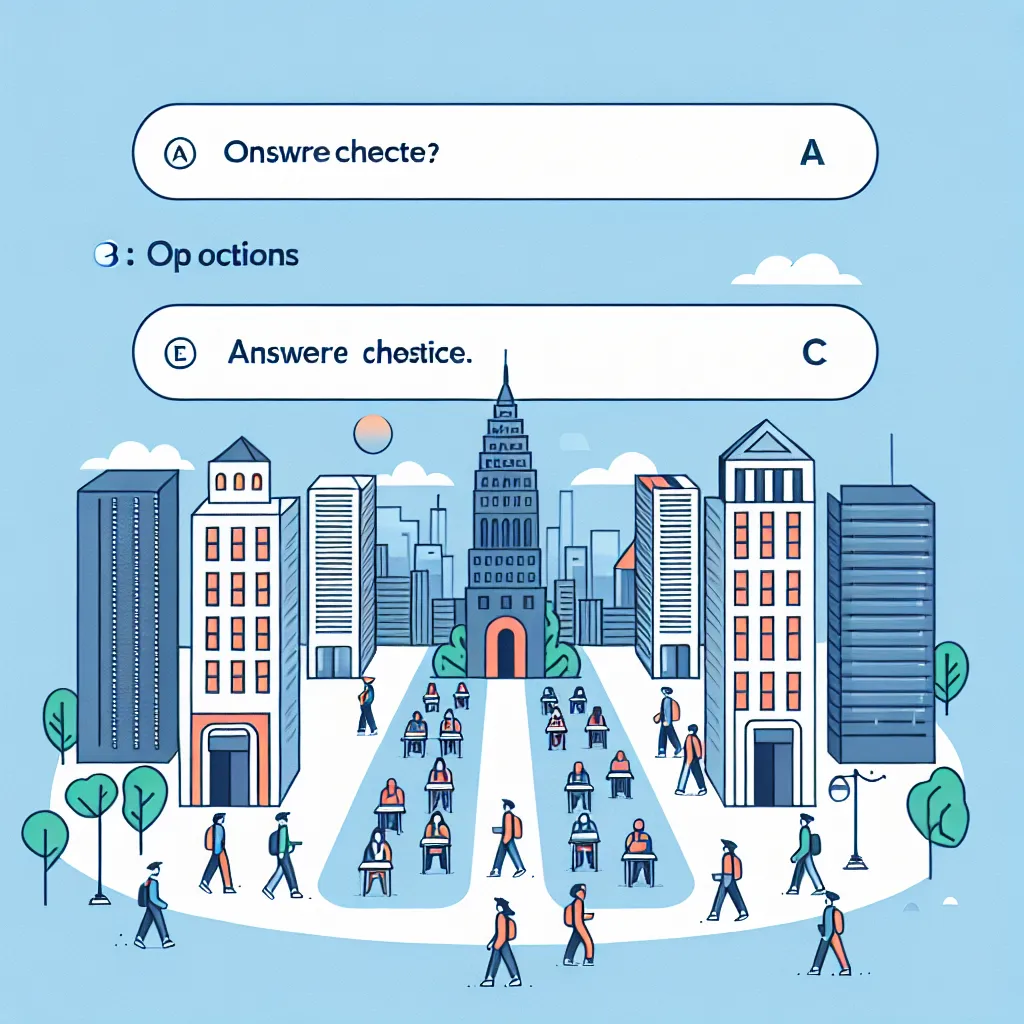Vocabulary plays a crucial role in the IELTS exam, serving as a cornerstone for success across all four test components: Listening, Reading, Writing, and Speaking. A robust vocabulary not only enhances your ability to comprehend complex texts and audio materials but also empowers you to express your ideas with precision and sophistication. In this comprehensive guide, we’ll explore the significance of vocabulary in IELTS and provide strategies to help you build a strong lexical foundation for exam success.
The Importance of Vocabulary in IELTS
Why Vocabulary Matters
Vocabulary is the building block of language proficiency. In the context of IELTS, a strong vocabulary allows you to:
- Understand a wide range of texts and spoken material
- Express complex ideas clearly and accurately
- Demonstrate a high level of language proficiency to examiners
- Improve your overall band score across all sections
 Vocabulary Importance in IELTS
Vocabulary Importance in IELTS
Impact on IELTS Scores
Vocabulary directly influences your performance in each IELTS component:
- Listening: A broad vocabulary helps you understand various accents and topics, allowing you to grasp key information quickly.
- Reading: Knowing a wide range of words enables you to comprehend academic and general texts more efficiently.
- Writing: A rich vocabulary allows you to express your ideas precisely and meet the task requirements effectively.
- Speaking: A diverse lexical resource helps you discuss various topics fluently and coherently.
Learn more about IELTS scoring criteria
Building Your IELTS Vocabulary
Effective Strategies for Vocabulary Expansion
- Read Extensively: Expose yourself to a variety of texts, including academic articles, newspapers, and literature.
- Use Vocabulary Apps: Utilize apps like Quizlet or Anki for spaced repetition learning.
- Keep a Vocabulary Journal: Record new words, their meanings, and example sentences.
- Practice Word Families: Learn different forms of words (e.g., noun, verb, adjective, adverb).
- Study Collocations: Focus on word partnerships to use vocabulary naturally.
Focus on Academic and Topic-Specific Vocabulary
IELTS often includes academic and specialized vocabulary. Pay attention to:
- Academic word lists
- Topic-specific terminology (e.g., environment, technology, health)
- Formal and informal language
Discover our curated list of essential IELTS vocabulary
Vocabulary in IELTS Writing
Lexical Resource in Task 1 and Task 2
In IELTS Writing, examiners assess your “Lexical Resource” as one of the four marking criteria. To score well:
- Use a wide range of vocabulary accurately
- Employ less common lexical items appropriately
- Demonstrate awareness of style and collocation
Example for Task 2 introduction:
Poor: “In this essay, I will talk about the good and bad things about social media.”
Better: “This essay will examine the advantages and disadvantages of social media platforms, considering their impact on modern communication and society.”
Tips for Showcasing Vocabulary in Writing
- Use synonyms to avoid repetition
- Incorporate idiomatic expressions naturally
- Employ precise adjectives and adverbs
- Utilize a variety of linking words and phrases
Improve your IELTS Writing with our comprehensive guide
Vocabulary in IELTS Speaking
Demonstrating Lexical Resource in the Interview
The Speaking test assesses your ability to use a range of vocabulary to discuss various topics. To excel:
- Use descriptive language to elaborate on your ideas
- Incorporate idiomatic expressions appropriately
- Demonstrate knowledge of less common words and phrases
- Paraphrase effectively when you can’t recall a specific word
Strategies for Vocabulary Use in Speaking
- Practice describing people, places, and experiences in detail
- Learn topic-specific vocabulary for common IELTS themes
- Use fillers and hedging language to buy time when needed
- Develop the ability to explain words you don’t know
Example:
Examiner: “Describe a place you like to visit.”
Poor response: “I like to visit the beach. It’s nice and relaxing.”
Better response: “I’m particularly fond of visiting secluded beaches. The tranquil atmosphere and the rhythmic sound of waves lapping against the shore create an incredibly serene environment, perfect for unwinding and rejuvenating the mind and body.”
Master IELTS Speaking with our expert tips
Vocabulary in IELTS Listening and Reading
Recognizing and Understanding Advanced Vocabulary
In Listening and Reading tests, a broad vocabulary helps you:
- Quickly identify synonyms and paraphrases
- Understand context and infer meaning
- Recognize academic and specialized terms
Techniques for Dealing with Unfamiliar Words
- Use context clues to guess meanings
- Break down complex words into roots, prefixes, and suffixes
- Practice skimming and scanning techniques
- Develop your ability to understand the overall meaning without knowing every word
Enhance your IELTS Listening and Reading skills
Common Mistakes to Avoid
When focusing on vocabulary for IELTS, be careful to avoid:
- Overusing complex words inappropriately
- Memorizing long lists of words without context
- Neglecting collocations and natural word combinations
- Ignoring the importance of pronunciation in vocabulary use
Next Steps in Your IELTS Preparation
To continue improving your vocabulary for IELTS:
- Take a diagnostic test to identify your current vocabulary level
- Create a personalized study plan focusing on your weak areas
- Engage in regular reading and listening practice with IELTS-style materials
- Participate in speaking and writing exercises to actively use new vocabulary
- Consider joining an IELTS study group or finding a language exchange partner
Remember, building a strong vocabulary is a gradual process that requires consistent effort and practice. By incorporating these strategies into your daily routine, you’ll significantly enhance your chances of achieving your desired IELTS score.
We encourage you to share your vocabulary learning techniques or any questions you may have in the comments below. For more IELTS preparation resources and tips, explore our other articles on LearnEnglish.NET.




